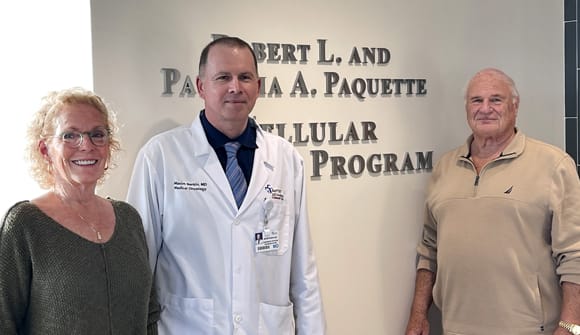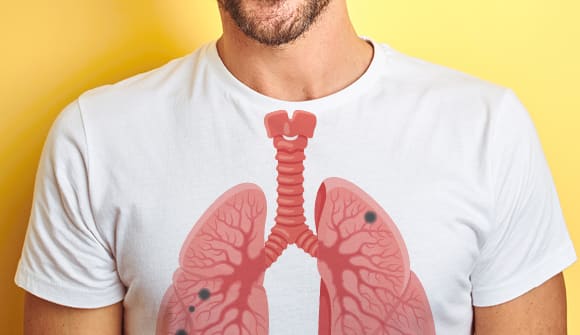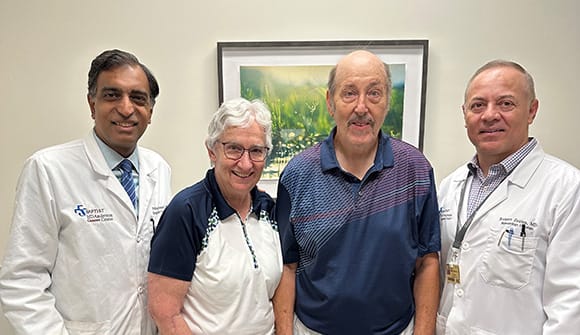Think before you drink
Risk starts from the first drop.
Article Date:

For years, marketing campaigns have warned of the dangers of smoking and, more recently, vaping. But should we be paying more attention to the dangers of drinking alcohol?
Does alcohol cause cancer?
Some consumer and public health agencies say yes, arguing that federal regulators should add warning labels on alcoholic beverages indicating they could cause cancer.
The Department of Health and Human Services' National Toxicology Program has gone so far as to say that alcohol is a carcinogen, a substance capable of causing cancer. Specifically, when the body breaks down alcohol, it releases acetaldehyde, a toxic chemical and known carcinogen.
According to the National Cancer Institute, there is a strong consensus that drinking can cause several different types of cancer, including:
- Head and neck cancers
- Esophageal cancer
- Liver cancer
- Breast cancer
- Colorectal cancer
According to the World Health Organization, when it comes to alcohol consumption, there is no "safe" amount that doesn't affect a person's health. As such, drinkers should be objectively informed about the risks of cancer and other health conditions associated with consumption.
Alcohol-related cancer risks
The risk of developing alcohol-related cancer increases the more a person drinks, but Robert Zaiden, MD, a hematologist/oncologist at Baptist MD Anderson Cancer Center, said even light alcohol consumption (less than one drink a day for women or two for men) over a long period of time puts you at a higher risk.
"In essence, no type or amount of alcohol is good for you," said Dr. Zaiden. "Alcohol is classified as a class 1 carcinogen by WHO, and in some studies, felt to be equivalent to one to two cigarettes in terms of carcinogenic risk."
Alcohol can also cause cancer in more indirect ways by leading to an increased risk of obesity and liver disease, which are also linked to cancer.
Additionally, alcohol causes nutritional deficiencies: the more you drink, the less vitamin B12 and folic acid your body will maintain. The former keeps nerve and blood cells healthy, while the latter aids in cell reproduction. Alcohol consumption also leads to hormone imbalances, increasing estrogen levels in both women and men.
"It's never too late to stop drinking," Dr. Zaiden said. "We're already exposed to a lot of different harmful things in our environment. You shouldn't be adding more things into the mix."
Dr. Zaiden suggested talking with your primary care physician during your next routine visit for more information and personal guidance. Your doctor may be able to adjust your recommended preventive screenings based on your alcohol intake.
"When it comes to alcohol consumption, less is definitely more," said Dr. Zaiden.
Talk to your doctor about your risks
If you have questions or concerns about the link between alcohol consumption and cancer, talk to your Baptist Health primary care physician. If you don't have one, you can find one by visiting baptistjax.com/request or calling 904.202.4YOU.
Sources: National Toxicology Program, World Health Organization, Department of Health and Human Services; Centers for Disease Control and Prevention;



